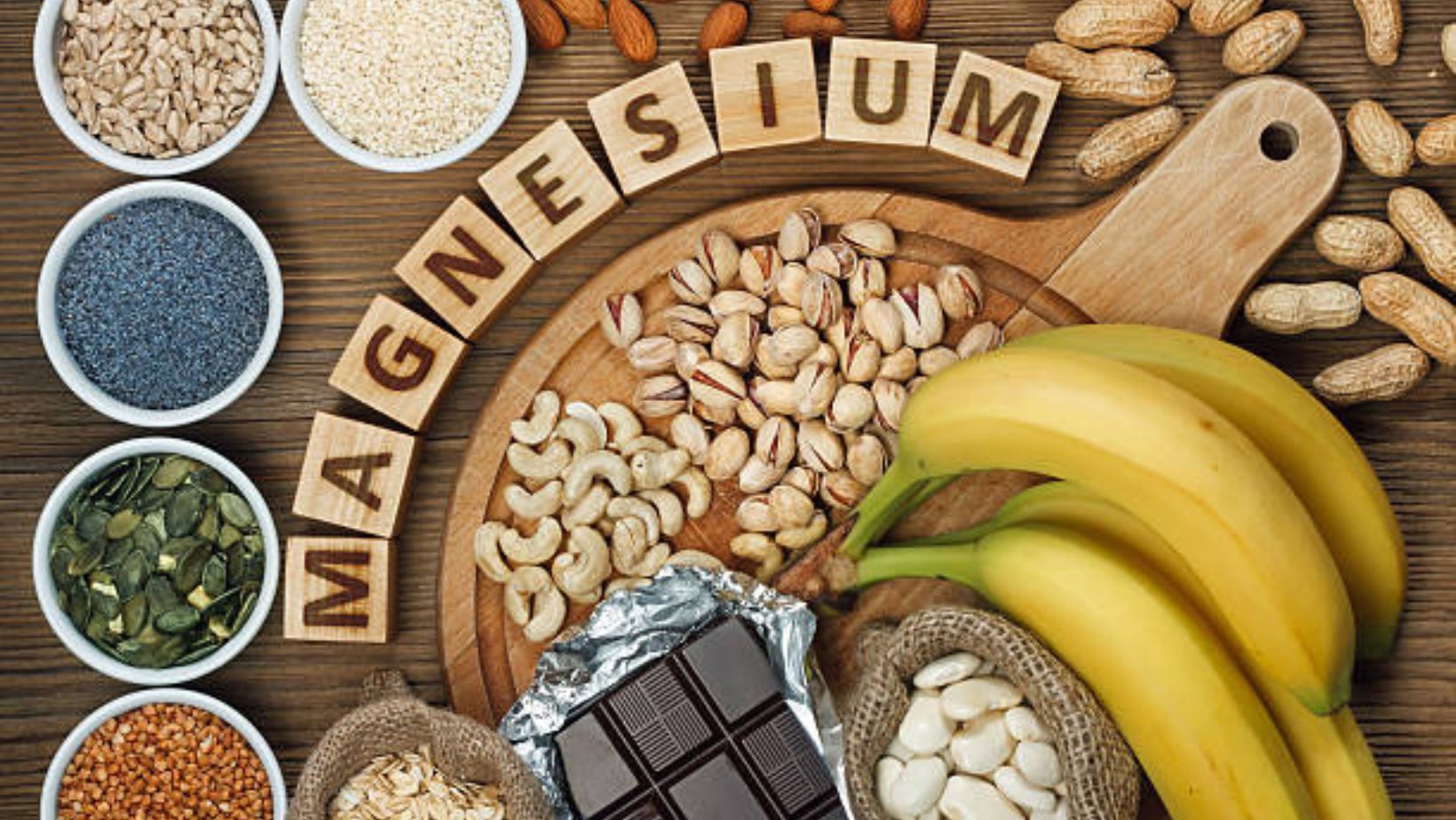
Are you curious about the role of magnesium in a keto diet? Well, let me shed some light on this important topic. Magnesium is a mineral that plays a crucial role in various bodily functions, and it turns out that it can be particularly beneficial for those following a ketogenic lifestyle.
When you’re on a keto diet, your body enters a state of ketosis where it relies on fat for fuel instead of carbohydrates. This metabolic shift can have an impact on your magnesium levels. In fact, studies have shown that low-carb diets like keto can lead to lower magnesium stores in the body.
So, why is magnesium important for those on a keto diet? Firstly, it helps support energy production and metabolism, which is essential when you’re relying on fat as your primary source of fuel. Additionally, magnesium is involved in over 300 enzymatic reactions in the body, including those related to muscle function and nerve signaling.
Furthermore, maintaining adequate magnesium levels may help mitigate some common side effects experienced during the initial stages of keto adaptation, such as muscle cramps or irritability. By ensuring optimal magnesium intake through dietary sources or supplementation, you can potentially enhance your overall well-being while following a ketogenic eating plan.
Magnesium For Keto
When it comes to following a keto diet, ensuring that your body gets all the necessary nutrients is crucial for success. One such nutrient that plays a vital role in this low-carb, high-fat diet is magnesium. Let’s delve into why magnesium is important and how it supports your keto journey.
- Maintaining Electrolyte Balance: Magnesium is an essential electrolyte that helps regulate fluid balance in the body. When you’re on a keto diet, your body goes through a transition phase known as ketosis, where it burns fat for fuel instead of carbohydrates. During this process, you may experience increased urination, which can lead to dehydration and electrolyte imbalances. Including foods rich in magnesium can help replenish these electrolytes and maintain balance.
- Supporting Energy Production: Magnesium plays a key role in energy metabolism by assisting in the conversion of food into energy at the cellular level. As you adapt to ketosis, your body relies heavily on fat for fuel, and maintaining optimal energy levels becomes paramount. Adequate magnesium intake can aid in efficient energy production and combat fatigue commonly experienced during the initial stages of transitioning to a ketogenic lifestyle.
- Enhancing Sleep Quality: Quality sleep is crucial for overall well-being and weight management while on a keto diet. Magnesium has been shown to have calming effects on the nervous system, promoting relaxation and better sleep quality. By incorporating magnesium-rich foods or supplements into your routine, you may experience improved sleep patterns, helping you feel more refreshed and energized throughout the day.
- Supporting Muscle Function: Magnesium plays an essential role in muscle function by regulating muscle contractions and supporting proper nerve transmission signals. This mineral aids in preventing muscle cramps and spasms that some individuals may experience during their ketogenic journey.
- Promoting Heart Health: Adequate magnesium intake has been associated with cardiovascular health benefits such as maintaining healthy blood pressure levels and reducing the risk of heart disease. Following a keto diet can sometimes lead to increased stress on the cardiovascular system due to changes in nutrient intake. Including magnesium-rich foods can help support heart health and maintain optimal functioning.
Incorporating Magnesium-Rich Foods into Your Keto Diet
To ensure you’re getting enough magnesium while on a keto diet, consider incorporating these magnesium-rich foods:
- Spinach
- Avocado
- Almonds
- Pumpkin seeds
- Salmon
Remember, it’s always best to consult with a healthcare professional or registered dietitian before making any significant dietary changes or starting new supplements. They can provide personalized guidance based on your specific needs and health goals.
In conclusion, magnesium plays a crucial role in supporting various aspects of the keto diet, including electrolyte balance, energy production, sleep quality, muscle function, and heart health. By including magnesium-rich foods in your meals or considering supplementation under professional guidance, you can optimize your nutritional intake and thrive on your ketogenic journey.

